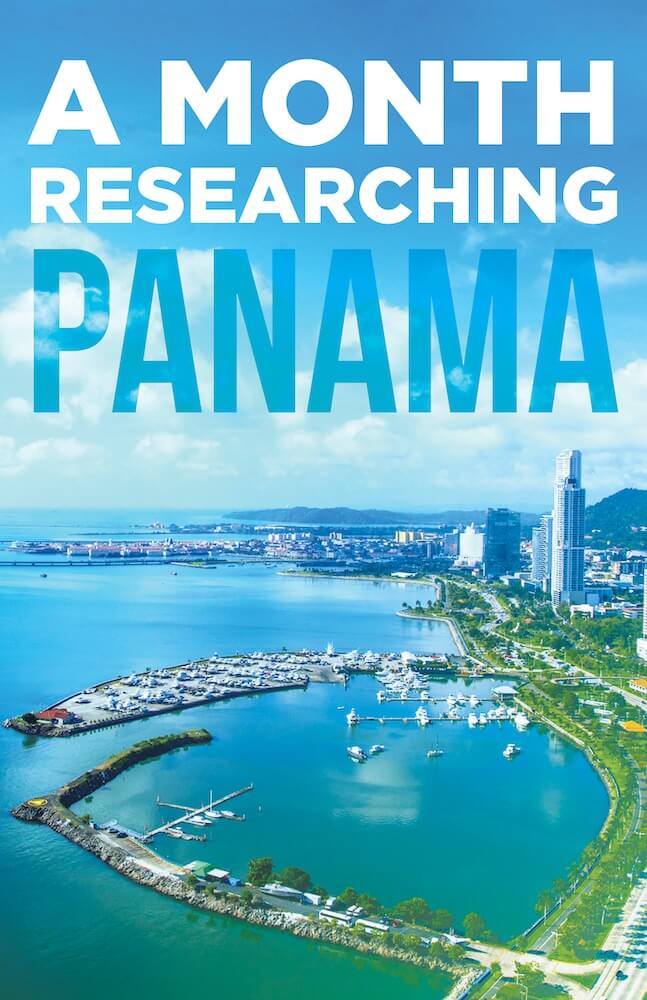Deciding to relocate to another country is a huge step. You can research for years and still not be totally prepared, because it’s often the little things that pose the biggest hurtles to your acclamation. I always encourage people to visit for long periods of time before deciding if moving to Panama is right for them.
The other day a friend of mine returned from a couple of weeks in London and she said: “you know the biggest thing I really enjoyed was having the sun rise at 4:30 in the morning and it still being light at 9:00 at night.” I thought about that for a while and strange as it may seem, I would agree that I miss that change in the rising and setting of the sun. Panama is simply too close to the equator for there to be much of a change. It’s pretty much 12 hours of light and 12 hours of dark. Should that be a deal breaker? Probably not, but it is worth considering.
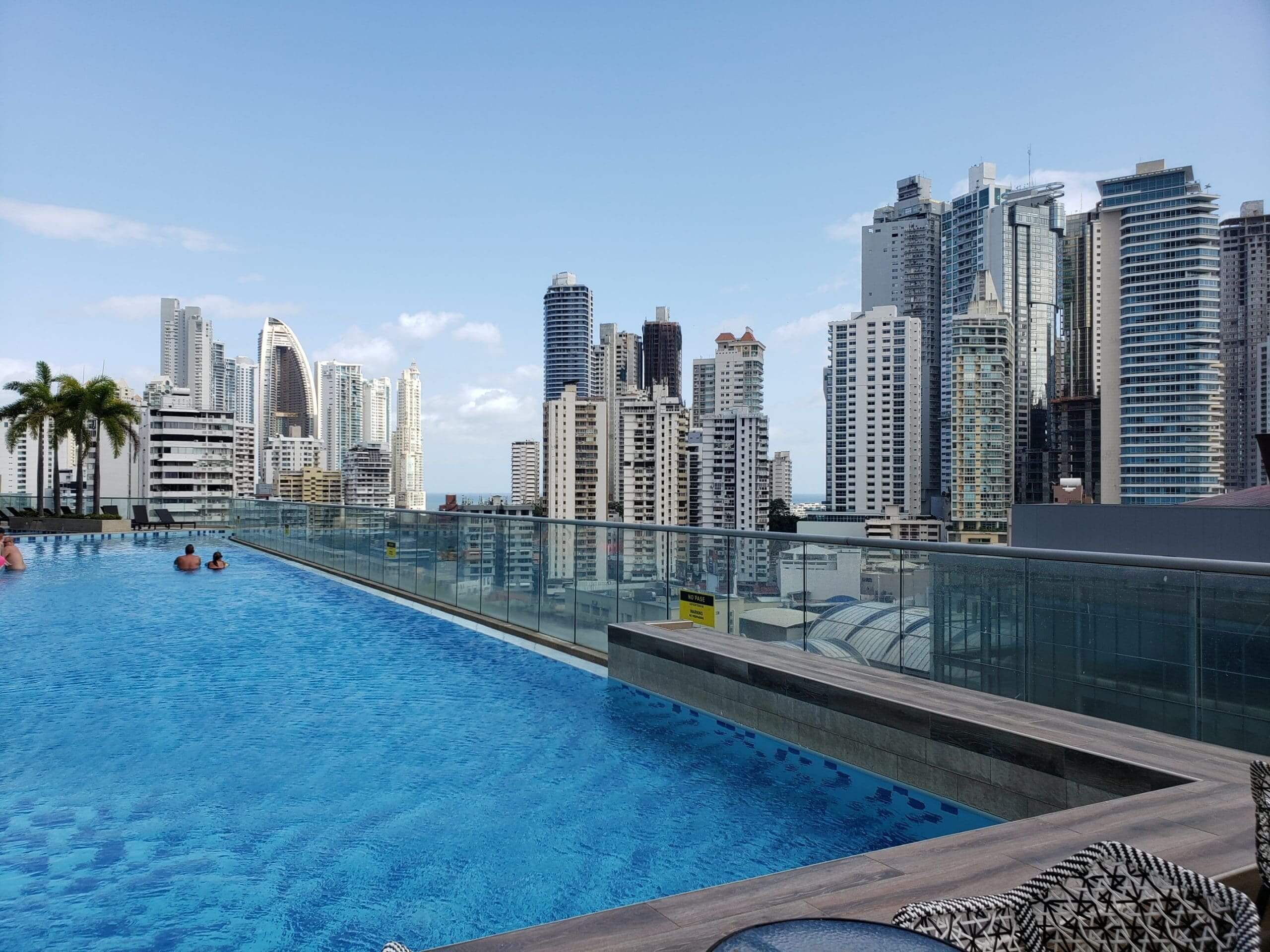
The Lack Of Changing Seasons
I was warned about the lack of changing seasons when I first considered moving. Everyone was quick to point out that Panama was the one spot on the globe where you could watch the sunrise over the Pacific and set over the Atlantic, but few mentioned it was summer all the time.
You can head up to the highlands for cooler temperatures, such as the popular Boquete area, but most of Panama is warm year-round. That could be a good thing or a bad thing. I tend to like not having to rotate my clothes and knowing it’s always going to be warm. There is the wet season vs. the dry season, but I hardly notice the changes. The weather is pretty much the same.
No Mail. No Addresses.
Another difference that throws people off is the fact is there no postal service. I have friends in the States who claim they could stop getting mail and never miss sorting through the circulars and junk mail they receive. I have to caution them that not having mail delivered touches lots of different things.
For example, no mail, no address. The other day, my friend was attempting to visit their lawyer. “The building diagonal from the sushi restaurant?” I heard them repeat. I smiled. I knew a taxi driver would be able to get them to the correct spot, but not having a real address was a bit unnerving to the unaccustomed. When it comes to addresses, there tends to be a lot of descriptive geographical instructions that require a bit of trust and easy acceptance that I don’t always find in North Americans.
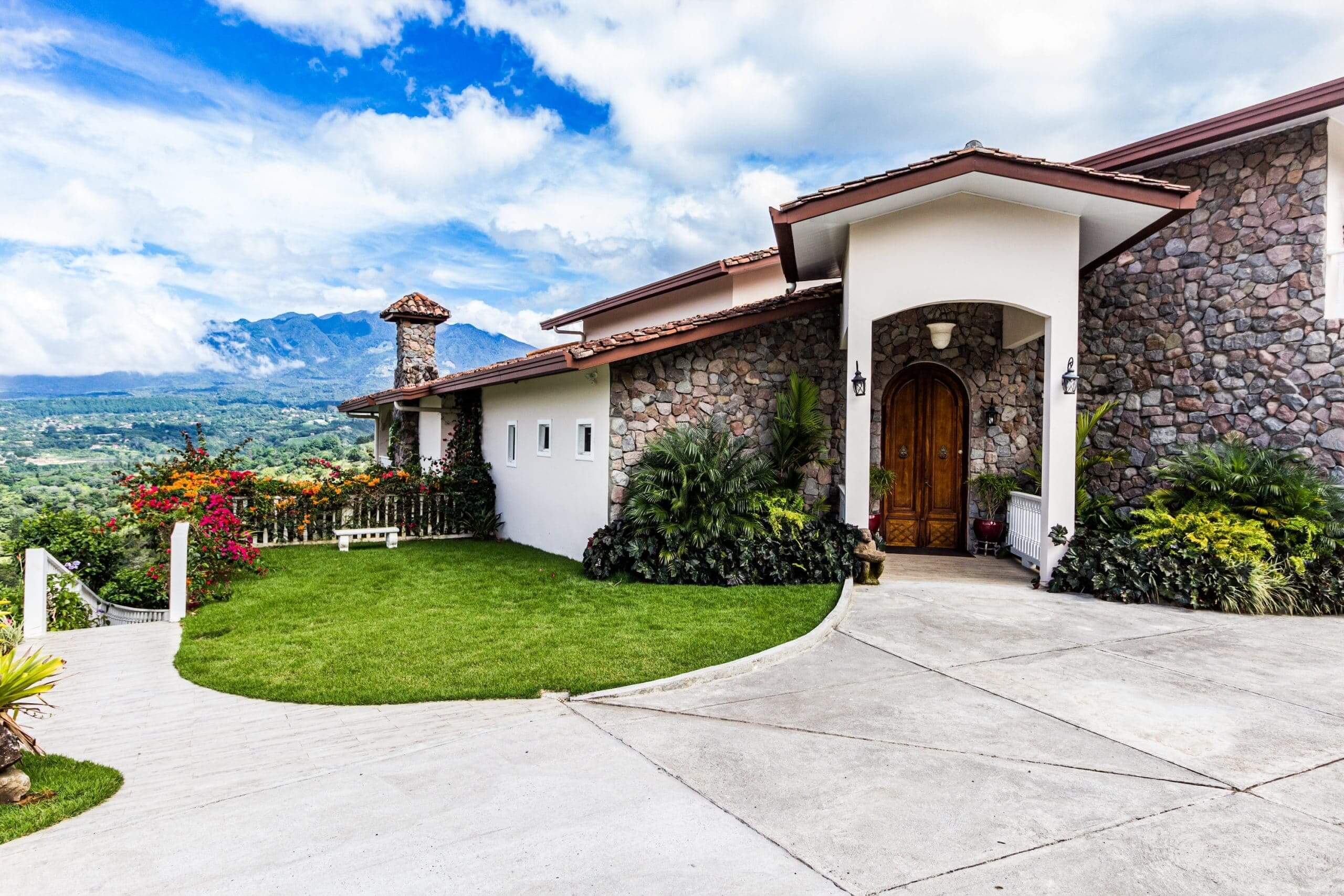
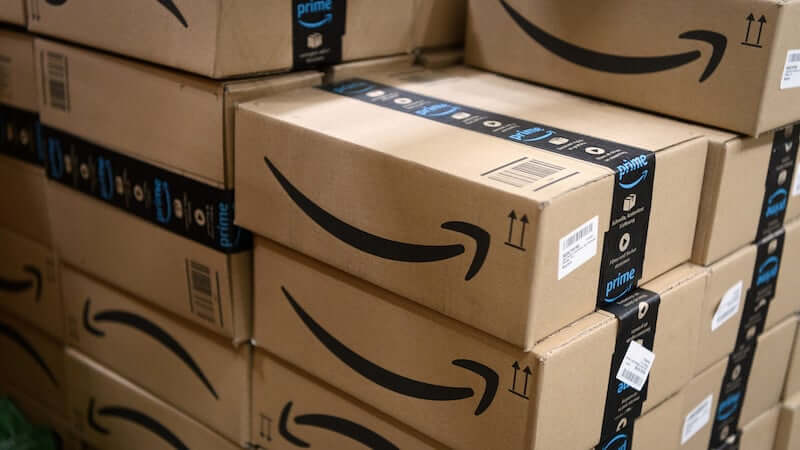
Who’s Going To Deliver My Amazon Orders?
Many Americans are accustomed to having Amazon delivering just about everything to their front door. To suddenly go without can be an adjustment.
You can order from Amazon, but it’s not nearly as convenient.
You have to set up an account with a local shipping business such as a Mailbox Etc, which gives you a local U.S. address– typically a shipping hub in Miami. Handlers reroute your packages to Panama City, where you can pick them up at your local store.
Normally, you pay a monthly fee for the address and then by the gram. If you are ordering anything heavy, it can get expensive.
The added cost and inconvenience makes ordering from Amazon a lot less tempting– especially when you can find most goods within Panama for a fair price. People in the U.S. have gotten so used to Amazon and online shopping, they are surprised at how easily they can live without it– and how much money they save!
Because people tend to come and go from North America fairly routinely, there is sort of an underground network among friends that shuttles packages back to Panama from a trip. “I almost always have an extra suitcase that is filled with things from Amazon” laughed a friend the other day. “It’s amazing what people want and order, and I’m always happy to help out a friend if I’m on a trip.”
Wide Access To Most Products
Maybe one day the mighty Amazon will expand its international reach, but for now don’t expect to rely on it in Panama. Depending on your view of Amazon– and your relationship with it– that might be a good thing.
I’ve heard plenty of people reflect on the money they would waste simply impulse-ordering things on Amazon. When the instant gratification isn’t so instant, you start to think a little more about hitting that buy button.
I also know that after a few months in Panama, the need for Amazon delivery lessens. Today you can find just about anything in Panama, and if you can’t there are typically fine alternatives. You can even get your groceries delivered through modern supermarkets like Riba Smith (or your wine).
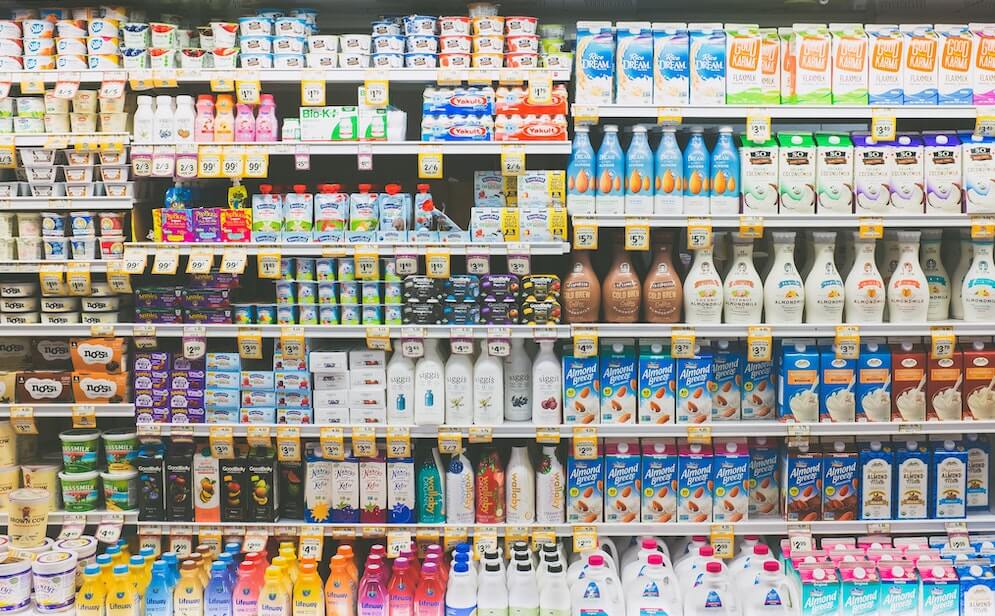
Online Banking
Not having mail also impacts the way routine bills are managed in Panama. Electrical and water bills are often hand delivered and it is pretty much on the backs of consumers to remember to pay everything from the cable to home association dues at a particular date either online or in person and in cash.
Thankfully, if you do most of your banking online your experience will not differ that much from back home. Banks have a robust online presence for the transfer of funds as do utility providers. Many local Panamanians continue to go in person to pay bills for things such as cable, electricity or water, but most bills are paid via Panama’s robust on-line banking system.
Don’t Expect Service From The Appliance Store
How warranties are serviced for things like appliances is often confusing for outsiders. “I bought upgraded appliances,” began a woman whose new refrigerator did not work. “I assumed the company from whom I had purchased the refrigerator would come out and make things right,” she said. “It was a brand new GE appliance that should have worked.”
Stores selling things such as appliances do not fulfill warranties, but rather an outside company must be called, an appointment made, and then work may or may not be started or a timely basis. “They only came to Coronado once a week, they were always booked and I really needed a refrigerator,” she continued. “It was absolutely the most frustrating situation. I really learned to embrace the Mañana code of living,” she said. Today, all the appliances are working perfectly, but it has taken a while to come to terms with the fact you wouldn’t just call the store where you purchased the appliances and have someone out that afternoon.
Hiring Things Done
Of course, with a little efectivo (cash), you can hire domestic help. It’s common for families, couples, and individuals– and not just the ultra wealthy– to have someone regularly helping out with the children, housework, running errands, cooking, or other tasks. It’s not especially costly and it keeps everything smooth. Just having someone negotiate a better cable rate for you can save you not only money, but also time.
The cost of living is lower in Panama, and so are wages. While it’s every person’s responsibility to pay a fair and human wage, help is going to be more affordable here than a U.S. city or even suburb. Many expats are able to increase their quality of living (and avoid some frustrations) with the aid of hired help.
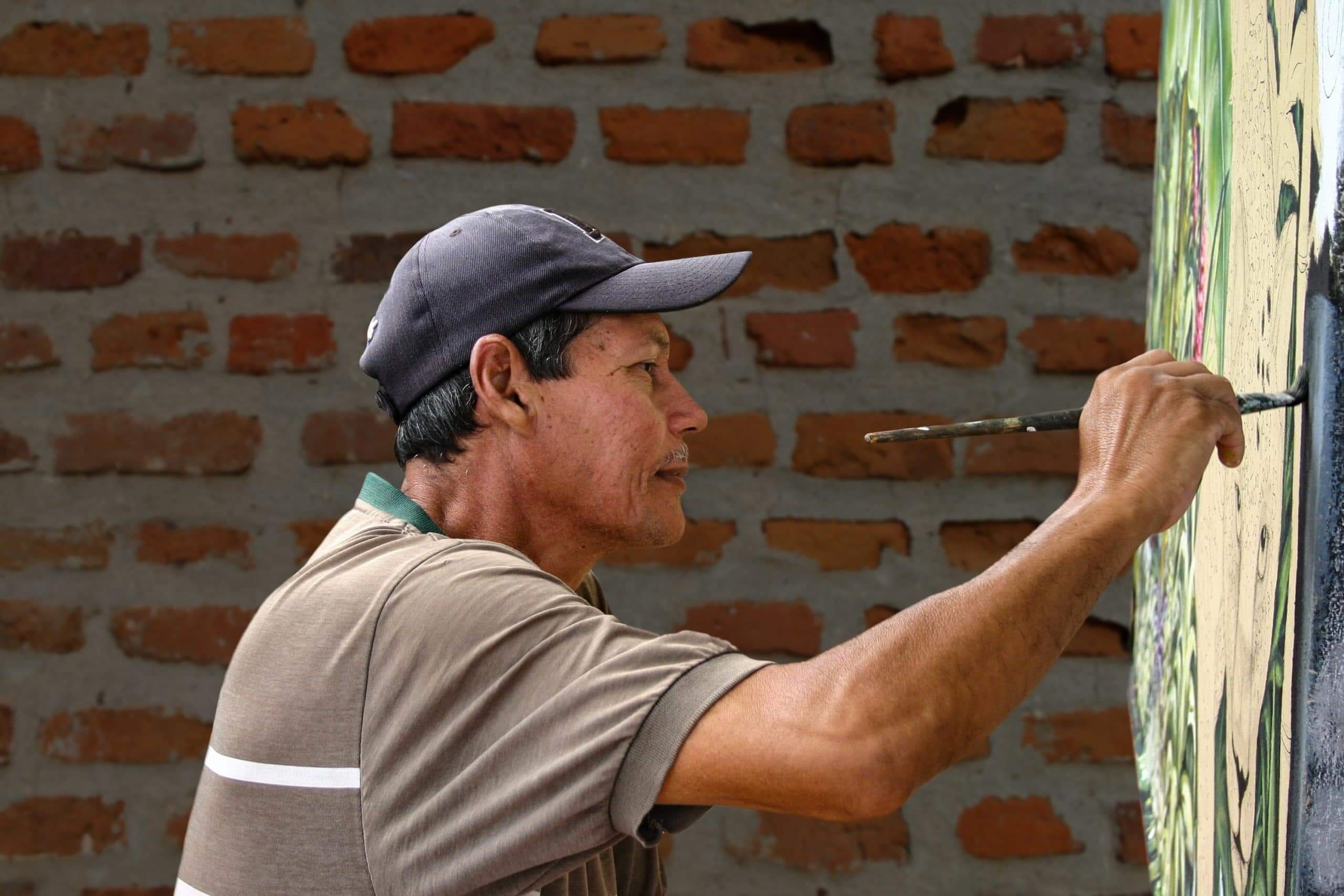
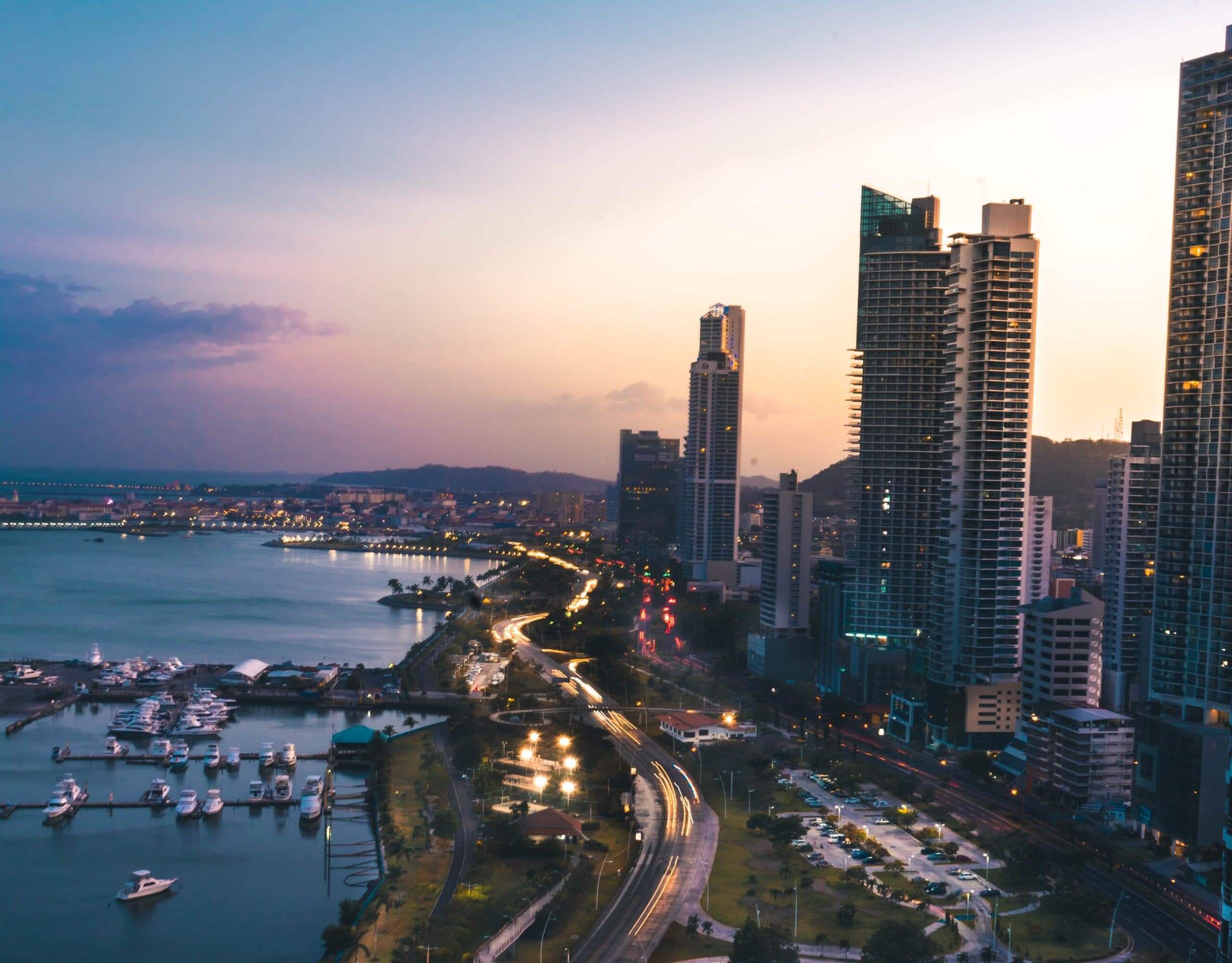
Twelve Hours of Light And Dark Won’t Change
Panama is on the fast track to becoming a first world country. The evolution and affluence of Panama City continues to shine onto the rest of the country, with more options, conveniences, and luxuries arriving every year.
In fact, part of the fun of living in Panama is watching the country grow and the culture evolve under the influence of such a diverse population. Every year feels a little bit different.
Some of the differences we know we can’t change. I can’t make the days in Panama match the days of longer sunlight in London… but I’m not sure I’d trade their long, grey days of cold and wet, for the routine bright blue skies of Panama. There is a lot about London to love, but it is often overcast and rainy for long periods.


